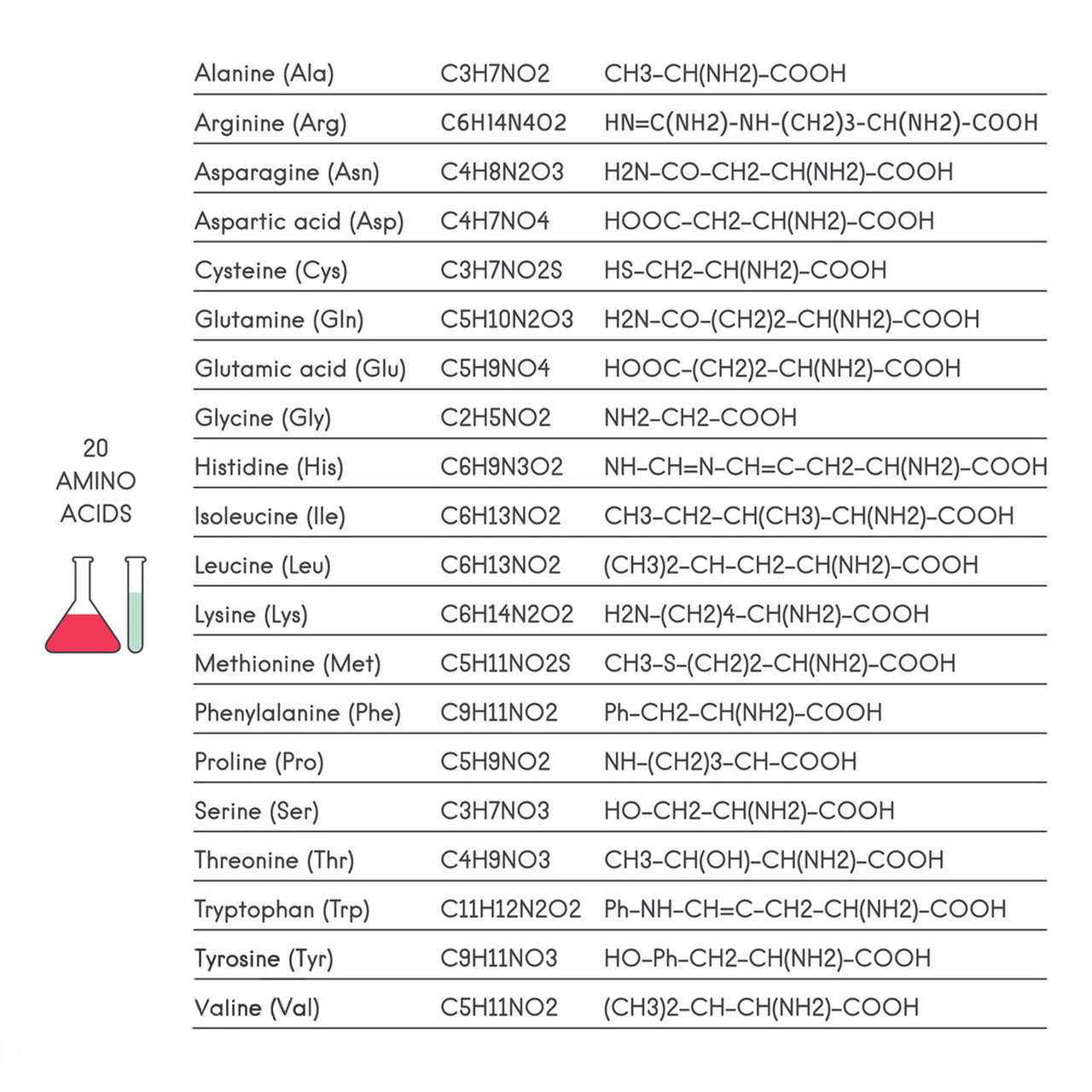L-Tryptophan is an essential amino acid, which means that the human body cannot synthesize it on its own and must obtain it from the diet. It plays a crucial role in various physiological processes and is a precursor to several important compounds in the body, including serotonin and niacin (vitamin B3). Here are some key aspects of L-Tryptophan, including its origin, properties, and functions:
1. Origin:
- L-Tryptophan is found in various protein-containing foods, both animal and plant-based. Some good dietary sources of L-Tryptophan include turkey, chicken, beef, fish, eggs, dairy products, nuts, seeds, soybeans, tofu, and certain grains like oats and quinoa.

2. Chemical Structure:
- L-Tryptophan has a chemical structure consisting of a central indole ring attached to an amino acid side chain. Its molecular formula is C11H12N2O2, and it is classified as an aromatic amino acid due to the presence of the aromatic indole ring.
3. Physical Properties:
- L-Tryptophan is a white, odorless, and tasteless crystalline powder at room temperature.
- It has a melting point of around 289°C (552°F).
- It is sparingly soluble in water but more soluble in hot water and organic solvents.
4. Biological Functions:
- L-Tryptophan serves as a precursor for the synthesis of various important compounds in the body, including:
- Serotonin: L-Tryptophan is converted into serotonin in the brain, which plays a key role in regulating mood, sleep, and appetite.
- Niacin (Vitamin B3): L-Tryptophan can be converted into niacin, a B vitamin essential for metabolism, skin health, and nervous system function.
- Melatonin: L-Tryptophan can also be converted into melatonin, a hormone that regulates the sleep-wake cycle.
- It is involved in the synthesis of proteins and enzymes and plays a role in the immune system.
5. Dietary Supplement:
- L-Tryptophan is available as a dietary supplement. It has been used as a natural remedy to improve sleep, mood, and overall well-being.
- In the past, there were concerns about the safety of L-Tryptophan supplements due to a contamination issue in the late 1980s, but rigorous quality control measures have since been implemented to ensure product safety.
6. Recommended Dietary Allowance (RDA):
- The recommended dietary allowance (RDA) for L-Tryptophan varies depending on factors like age, sex, and overall dietary protein intake. However, it is typically estimated at around 3.5 to 6 mg of L-Tryptophan per kilogram of body weight per day for adults.
7. Health Considerations:
- While L-Tryptophan is important for health, excessive supplementation can lead to unwanted side effects, such as nausea, dizziness, and serotonin syndrome. It is generally advisable to obtain L-Tryptophan through a balanced diet rather than relying solely on supplements.

In summary, L-Tryptophan is an essential amino acid with important biological functions, including its role as a precursor to serotonin, niacin, and melatonin. It is found in various foods and can also be taken as a dietary supplement when needed. However, as with any supplement, it’s important to use it judiciously and in consultation with a healthcare professional, especially at higher doses.
